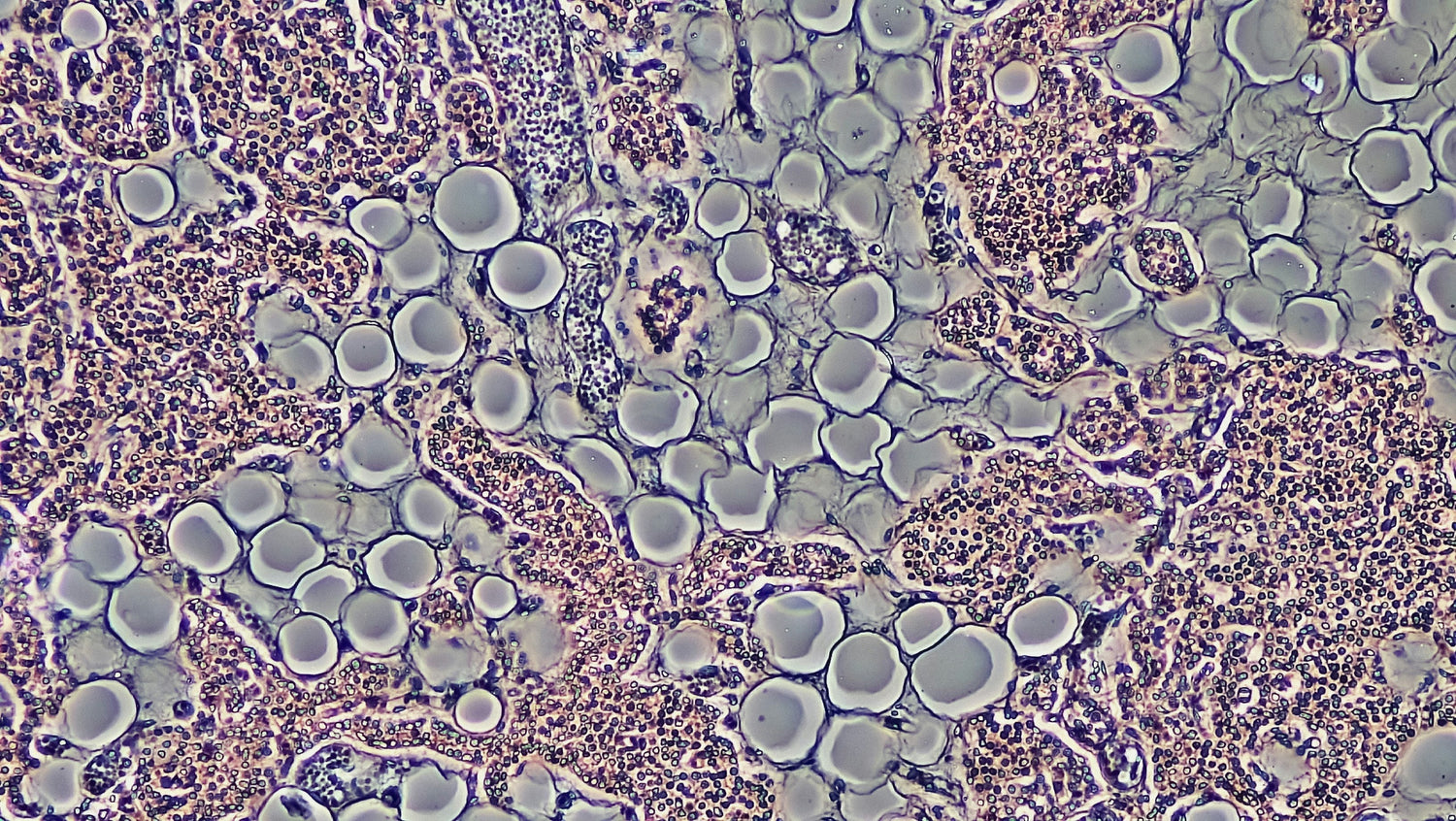Improving your diet generally, cutting down on sugar, getting a bit more active and drinking in moderation are all important to losing weight - but you know that already.
What we do in a nutrition consultation is to work through the lesser known factors of your health, diet or lifestyle that can be putting the brakes on fat loss. We review hormonal factors, stress, energy and sleep. Nutritional analysis doesn't simply mean looking at calorie intake, or portions and proportions or carbs vs. fats or protein. Rather, the nutritional consultation will also consider if specific foods, or specific ingredients are hindering weight loss - or if they are triggering a reaction that causes your body to hold on to excess fluid, or to bloat.
Here are just a few examples of where my clients often go wrong - and where I can help get things back on track.
Example one: eating little and often
Example two: gut imbalance
Example three: when the body is sluggish
What happens when you snack between meals?
The idea of eating “little and often”, which is promoted by so many diets, is about preventing your body from releasing too much insulin at once and only giving it the nutrients that it can immediately put to use.
But in order to burn off body fat, your insulin levels need to be low. So, if you eat little and often, your body will always be releasing a little insulin. Insulin provides the signal to your body to store energy from your food so that it can be accessed later - in other words, it can be part of the reason excess weight isn't shifting.
In the clinic I often increase the gaps between meals, and sometimes add in a fasting element to a programme. Increasing the gaps between meals means that you will get a spike in insulin after eating, then a longer period of time where insulin isn’t involved at all.
The idea is that this will not only encourage your body to burn fat, it will also help maintain its natural sensitivity to insulin. High levels of insulin in the body can also increase the risk of insulin resistance and over time this increases the risk of diabetes, cardiovascular disease, cancer and other inflammatory health conditions.
Gut health: are you a good host?
It is well established that the gut plays a role in numerous systems in our body, including digestion, hunger and satiety, through multiple mechanisms, but now researchers are starting to uncover the specific differences between the microbiomes of obese and lean people. In other words, rebalance and improve the health of an individual's microbiome and the trajectory of weight loss (and wider health) can significantly improve. My most recent book that focused on the link between gut health and weight loss, and it was subject to a review on a primetime TV show.
You can read a full review of the programme or here's the summary of the results - other menus resulted in a loss of 7lbs and 14lbs, my menu resulted in a loss of 28lbs!
Now, that doesn't mean that every client will lose 28lbs! But it does mean that if there's a link between your weight problem and your gut health, you can expect a great result.
For more information, visit Book a Clinic





